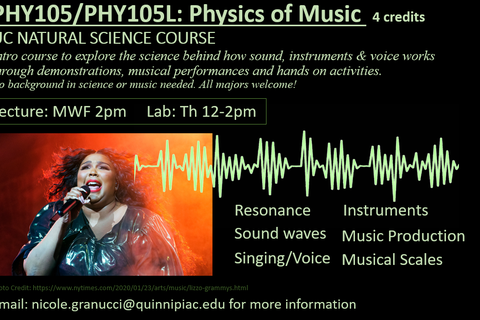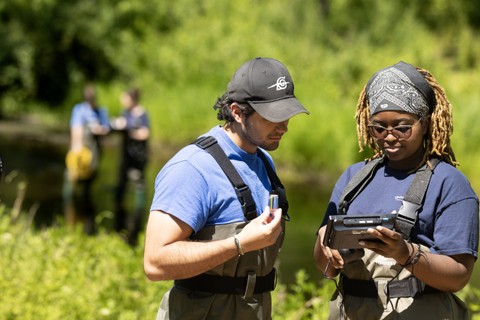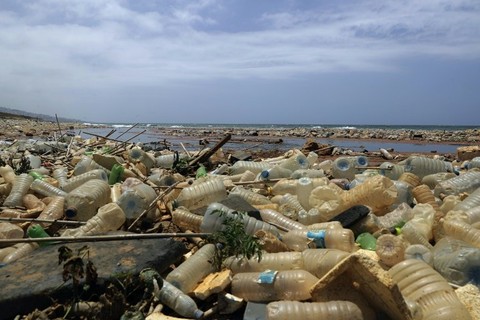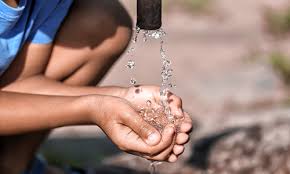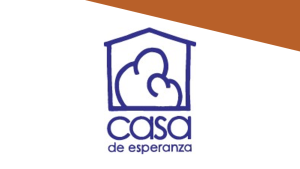The BS in Environmental Science explores how the various biological, physical and information sciences intersect to shape the natural world, while examining the impact of humans on the environment from multiple perspectives, including political, legal, economic, cultural, and sociological. You’ll use these lenses to analyze and interpret scientific data, conduct lab and field research, and examine solutions to many prevalent environmental issues.
-
Major & Minor RequirementsIn addition to course work, the Environmental Science program encourages experiential learning, in the form of internships, volunteerism, faculty-led experiences or study-abroad at the Umbra Institute's Food, Sustainability and Environmental Studies Program.
-
Research & Experiential LearningExperiential learning is emphasized throughout this program and offered in regional, national, and international settings. These opportunities include study abroad, faculty-led international courses, and field research in environmental biology, chemistry, or engineering. Others are made available through university partnerships and special programs, and include participation in an environmental policy fellowship in Washington, D.C., and work with local nonprofits or governmental agencies. These experiences can also be completed as part of your capstone project.
Apply here for PepsiCo Fund for Environmental Sustainability Travel Grant Application.
-
Explore Your Future
Not sure what career path is right for you? Check out our “What Can I Do With This Major?” tool to explore specific paths and job titles.
Whether your main interest involves sustainability, agricultural production, environmental remediation or another specialty, this major provides the foundation for a range of careers. You may research the effects of climate change on coral reefs, forests and other ecosystems; investigate potential environmental health risks such as soil and water pollution; or work as an environmental consultant for a city, corporation, nonprofit or government agency.
Graduates often pursue opportunities directly in environmental roles. However, environmental/sustainability-related roles can often be found in federal, state and local environmental agencies, political action groups, NGOs, nonprofits, corporations, and research organizations. Explore all our career communities to see all the possibilities and get started.



